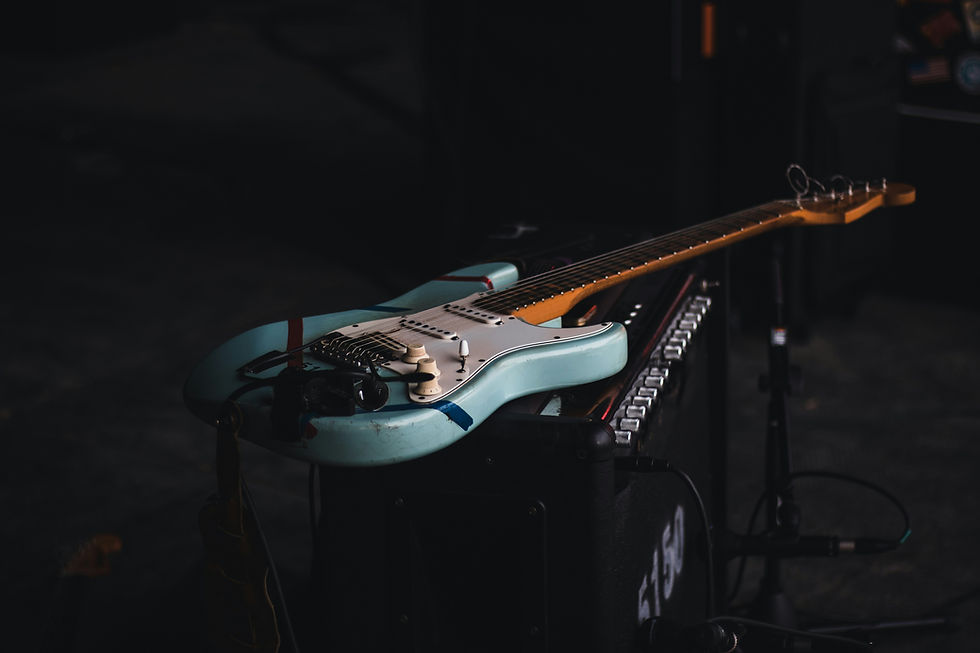Our Musical Interconnectedness
- Michelle Monette

- Apr 17, 2023
- 2 min read

“Keep reminding yourself of the way things are connected, of their relatedness. All things are implicated in one another and in sympathy with each other.” - Marcus Aurelius, Meditations 6.38
At times, making music can feel like an isolating and lonely activity. We spend countless hours by ourselves, honing our playing, singing, songwriting, and production chops so we can compete for eyes and ears in a world where attention is rapidly dwindling. But if we take the time to step outside ourselves, we can see we’re not alone at all: through music, we’re connected with every other musician in the world, including those who came before us.
One of the best things about being a musician is our inherent connection to a global community of like-minded people. No matter where you are, if you meet another musicophile, you can immediately strike up a friendship—with the internet making this even easier. Music is a powerful connector because it’s an art we are deeply passionate about. Despite growing up in different parts of the world—where we have different upbringings and experiences—we all feel a similar pull toward making music. Every one of us resonates with it, and by extension with each other. There are endless opportunities to find someone to teach, to learn from, to share, and to collaborate with.
Musicians are also part of a long tradition—a lineage leading all the way back to the first people to ever make music. When we create our own, we draw from this rich tradition, and when we share it, we get to add to its history. With each new generation of musicians, our art grows and evolves to reflect the blending of the old with the new. This keeps music alive, exciting, and inspiring.
The Stoics used the word sympatheia (συμπάθεια) to describe the feeling of our mutual interconnectedness with everything in the universe. It means understanding that even though each one of us is small, we are part of something massive. When it comes to music, we are all tiny pieces of a much larger puzzle. We can feel this sympathy with music and each other when listening to a song we love, performing live, playing and creating with others, and while attending a live performance. Our playing, listening, co-creating, and participation contribute to the richness of the musical experience.
Having this big-picture perspective is an essential part of experiencing a full and satisfying musical life. As Ryan Holiday writes in Ego is the Enemy: “When we lack a connection to anything larger or bigger than us, it’s like a piece of our soul is gone. Like we’ve detached ourselves from the traditions we hail from, whatever that happens to be (a craft, a sport, a brotherhood or sisterhood, a family).” Feeling the connection to our fellow musicians, as well as to our musical present and past, will mean we’re never really alone on our journey.







Comments